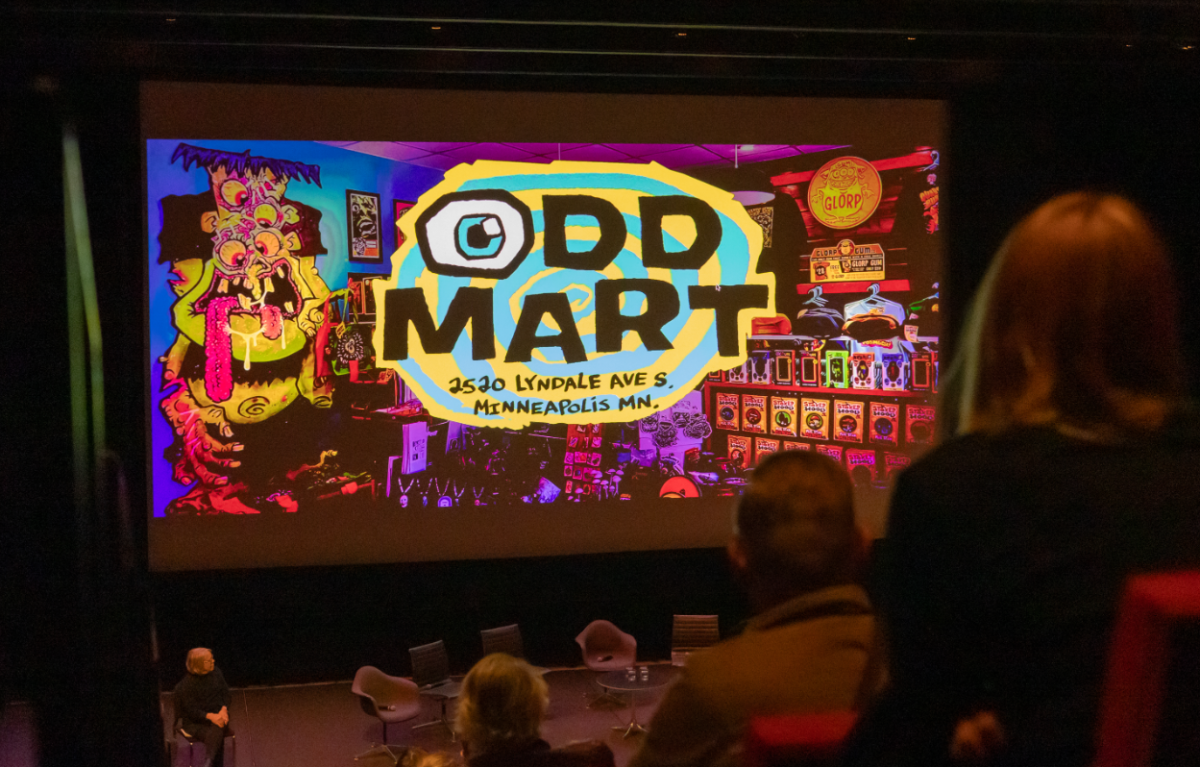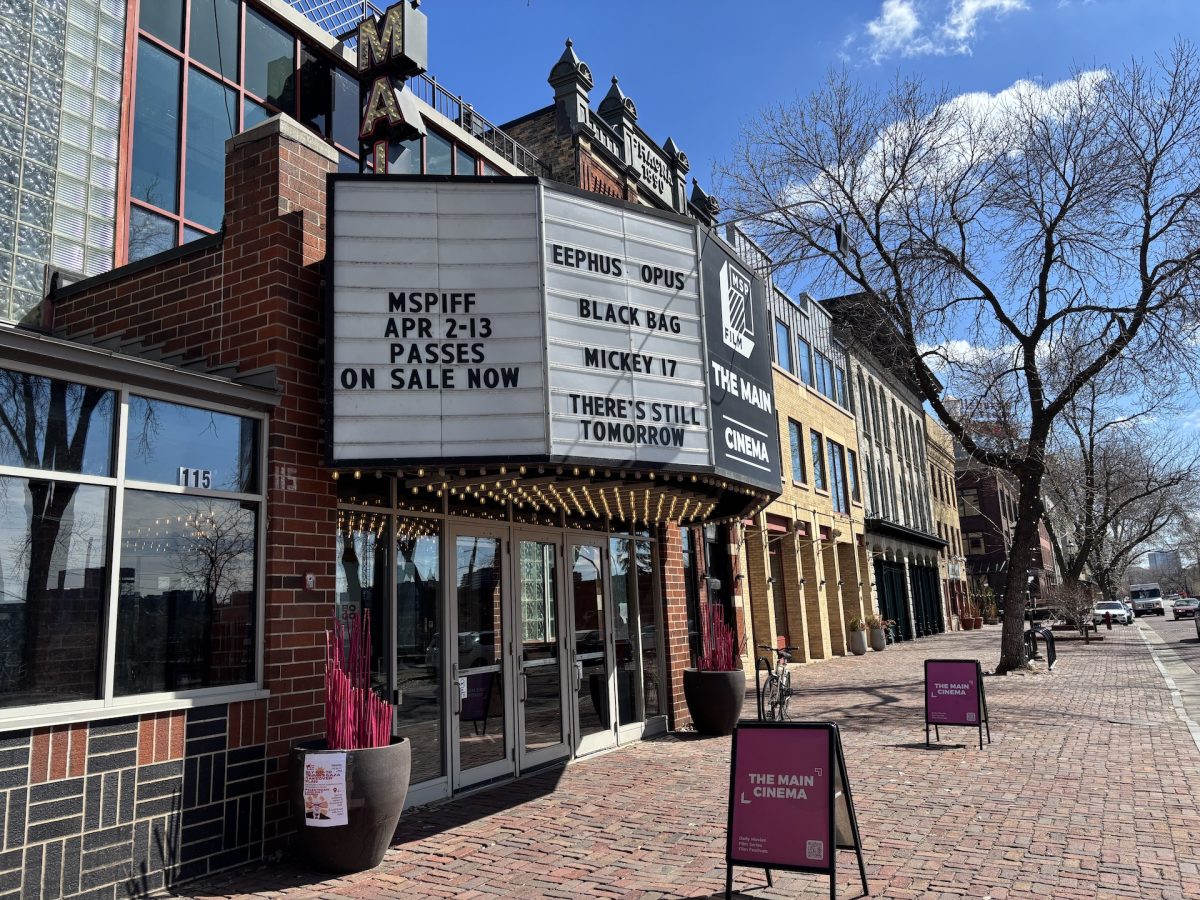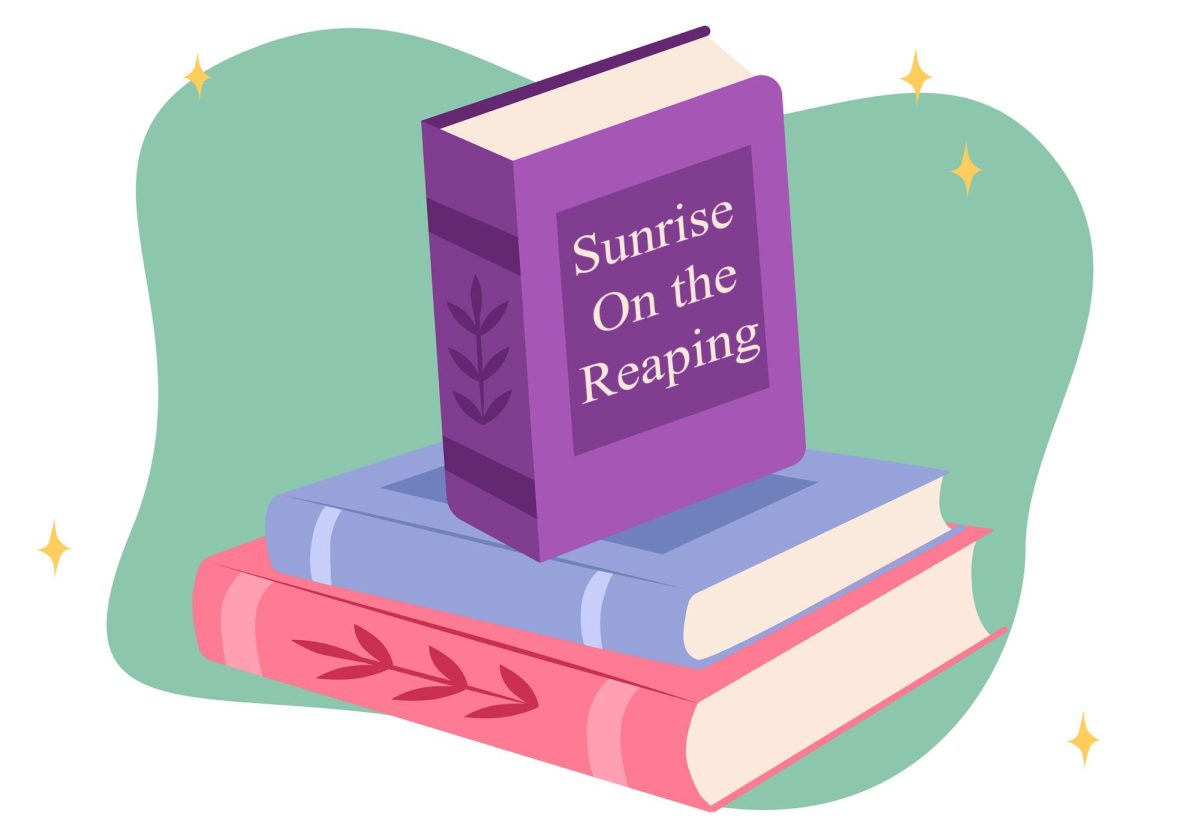What: âÄúWitsâÄù with Chuck Klosterman and Craig Finn.
When: 8 p.m., Friday, April 15
Where: Fitzgerald Theater, 10 E. Exchange St., St. Paul
Cost: $32
Love him or hate him, Chuck Klosterman isnâÄôt very good at keeping his mouth shut. Over the course of the last decade, the ever-insightful heavy-metal aficionado has built a reputation on intellectualizing everything low-culture and condensing all his creative ramblings into numerous books and essays.
This week, heâÄôll be the featured guest for the Fitzgerald TheaterâÄôs ongoing âÄúWitsâÄù series alongside The Hold Steady frontman Craig Finn. A&E got a chance to talk with the famed rock nerd about the Twin Cities, the state of music criticism and Charlie Sheen.
YouâÄôre pretty familiar with this area; whatâÄôs your favorite thing about the Twin Cities?
My favorite thing about the Twin Cities is I have so many of my friends from Fargo or from growing up in North Dakota or from the time I spent around in Minneapolis, theyâÄôre all still there. So itâÄôs sort of a regional hub for a lot of the people IâÄôve known in my life. ItâÄôs like if you grew up in North Dakota and you want to go to a bigger city you end up going to Minneapolis.
Well, speaking of North Dakota, whatâÄôs the status of the Fargo Rock City movie?
Well, the status is that Craig Finn bought the rights and wrote the script and I looked at the script and the script was good, so I was like, âÄúOK see if you can make it into a movie now.âÄù See thatâÄôs what people are often confused about. A lot of times people will hear that the rights to a book has been purchased; [they assume] it means itâÄôs going to become a movie. Really what that means is someone is literally buying the rights to try and make it into a movie for 18 months to three years. So itâÄôs up to Craig and Tom Ruprecht to find a director or find an actor to attach himself, to find a studio who wants to make it.
What are your feelings on the state of rock criticism and the way that blogs and websites like Pitchfork have become the industry tastemakers in the last decade?
Well, music criticism has changed sort of in step with the way the music industry has changed âÄî which is to say the music industry has become completely splintered. It doesnâÄôt really have any central power anymore, and the taste of the consumer have changed due to technology. In other words, the advent of file-sharing has changed what people want from music and how they appreciate what they listen to.
So, of course, rock music criticism has changed with that. ItâÄôs made it much easier to do but also more difficult to make a living at. Now if the Arcade Fire put a video up on Twitter today, there would probably be 8,500 people writing about that video immediately, and they would be expressing every possible perspective. Because of that, people just in a general sense care about criticism less and trust it less.
Do you think magazines have lost their relevance over the years, or is that claim exaggerated?
I guess it depends how relevant you ever thought they were. You know, people ask me this question, but itâÄôs like if I picked up Spin in 1994 and a given artist was on the cover that made me think that this artist is popular. Maybe in a macro sense that if you opened up Rolling Stone and read a review, you would assume this is sort of the consensus take on a band, but now I feel that individual writers actually have a higher profile, because instead of being the kind of person who says âÄúI read Blender or Rolling Stone,âÄù you can just follow this person on Twitter and just read their stuff.
LetâÄôs talk about your upcoming book, âÄúThe Visible Man.âÄù Is the book about the American celebrity?
No, actually itâÄôs not, although thatâÄôs a good guess. Without giving too much away âĦ I guess the simplest way to describe it is âÄî and I probably wouldnâÄôt like this description if somebody else made it âÄî but what itâÄôs ultimately about is what it would be like to be the psychiatrist for an invisible man. If an invisible man was your patient and was coming in and talking about how his invisibility has impacted the way he lives and how that would change his identity. ThatâÄôs sort of the perspective of the book.
I was listening to your conversation about this on Marc MaronâÄôs podcast.While itâÄôs probably on its way out now, how much longer do you give the Charlie Sheen craze?
Well it seems like itâÄôs already kind of over, right? All that happens in this very small window of time, and people turn on the idea of his publicity very quickly and then it just becomes this way we mark time. Like if some celebrity does some crazy thing next year we talk about it like this could only happen in the post-Sheen era. Or if we talk about Courtney Love now, we talk about some of the crazy things she did people will say, âÄúOh that happens, amazingly, pre-Charlie Sheen.âÄù
I feel like that level of arrogance would usually turn the public off. Why do you think it was different with Charlie Sheen?
If there was anything brilliant about what he did âÄî and there was probably a handful of things from a marketing perspective âÄî but people hate arrogance if they think the person expressing that arrogance views it as pragmatism.
In other words, they hate seeing Kanye West being arrogant. Like the Kanye West backlash happened because people were like, âÄúHeâÄôs so arrogant and he thinks heâÄôs just telling the truth.âÄù Whereas with Charlie Sheen, it almost seemed like he was doing a caricature of an arrogant person âÄî that he was actually saying what I think a lot of people assumed an arrogant person says inside their own mind, and it was very disarming.
You were once a young music critic. Any advice for people like me?
Advice?
You said that like it was a ridiculous question.
[Laughs.] Well IâÄôm not very good at giving advice. You know what, most people arenâÄôt, even if they think they are. Normally when you ask a journalist, regardless if theyâÄôre a music critic, a sports writer or a political reporter, what they end up telling you is exactly what they did. And they overlook the fact that everyone they know thatâÄôs like them had a completely different trajectory. So my advice is be very wary of people who tell you, âÄúThis is how you do it.âÄù Because there is just no one way, thereâÄôs not even 10 ways, there are basically countless ways where you can succeed.













